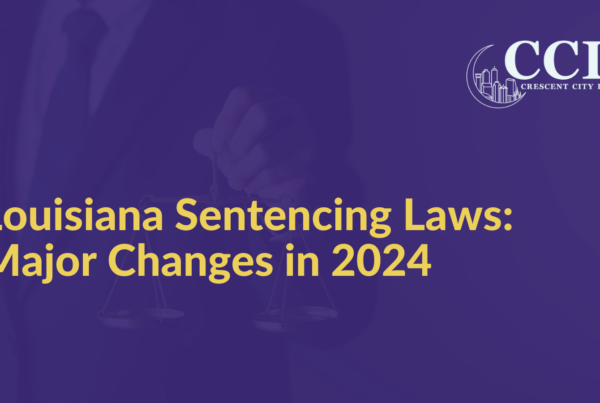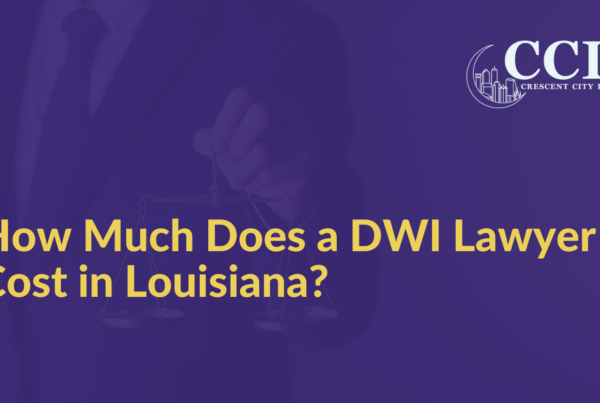On June 1, 2015, the Supreme Court ruled 8-1 in favor, overturning the conviction of a man who had posted violent and threatening messages on Facebook after his wife recently left him. Initially, Anthony D. Elonis, was convicted under a federal threat statute, but the Supreme Court recognized his right to post social media statuses as free speech. The Supreme Court stated that the possibility that a reasonable person would regard these communications as a threat wasn’t enough to convict Elonis. Although the Court is saying that the legal standard for conviction was too low, it does not make clear what the standard should be.
What Was Elonis Saying?
Anthony D. Elonis posted a handful of violent messages on his Facebook account after his wife had left him. Apparently, he claimed that as an artist, he turned to rap lyrics for therapeutic purposes to help him cope with his depression and his status updates were meant as jokes. “There’s one way to love you but a thousand ways to kill you,” he posted. “Enough elementary schools in a ten mile radius to initiate the most heinous school shooting ever imagine,” said another one of his Facebook posts. Under a federal threat statute, he was convicted. He then appealed his conviction arguing that there was no proof he was making a threat before the government sent him to jail for a 44-month term.
Freedom of Speech Persists
Elonis’ lawyer made it a point in court briefs to argue that Elonis posted disclaimers that he was exercising his freedom of speech. During trial, Elonis testified that his Facebook posts were partially inspired by the rapper, Eminem. Despite this, Solicitor General Donald B. Verrilli, Jr. claimed that, “He was aware of the meaning and context of his Facebook posts, and those posts communicated a serious expression of an intent to do harm.” Verrilli claimed that the posts were not in the same context as Eminem’s rap lyrics. The ACLU filed a brief and said that any statute that limits speech, “without regard to the speaker’s intended meaning” draws the line of punishing protected First Amendment expression.
Is All Internet Speech, Free Speech?
The Supreme Court had a job to define the limits on when Internet speech is actually legal or illegal. Those who advocate for free speech argue that criminalizing Facebook posts, such as Elonis’, can restrict every day, engaging speech among people. In this ruling Chief Justice Roberts explained that the law in question did not actually explain what mental state a person should be in to be convicted. Interestingly, Justices Samuel Alito disagreed on this point and thinks that the Court chose to ignore a difficult issue, claiming it will cause confusion and harsh consequences.
So, where do we stand with free speech on the Internet? It is hard to say, given the outcome of this appeal. The Supreme Court should make it clear where the line is drawn.
Are Social Media Posts Protected in Louisiana?
No post to social media is free from scrutiny. It is important to remember who is your audience and the potential negative consequences of a post. I have defended many people who were charged with crimes after posting “selfies” with guns, drugs, or while in the act of committing another crime. Law enforcement agents have also used group photos and face-tagging to identify members of gangs in pursuit of their criminal investigations. In my experience, these posts are almost always admissible in court. The Supreme Court’s decision yesterday will require courts to look past the picture to determine the intent of the post: was it a joke, a rant, or was it used to further some kind of criminal activity? My suspicion is that many judges will find the activity to be criminal and will be used as evidence in a defendant’s trial.
Hire a New Orleans Criminal Defense Lawyer
A skilled defense lawyer will fight to keep your social media activity out of your criminal case. If you or someone you know has been charged with a crime in New Orleans because of a post on Facebook or any other form of social media, Crescent City Law would like to hear about it. Please call us at (504) 264-9492 or e-mail us here to set up your free initial consultation. We are available nights, weekends and off-site and have translators available in Spanish, French, Mandarin and Cantonese Chinese.





